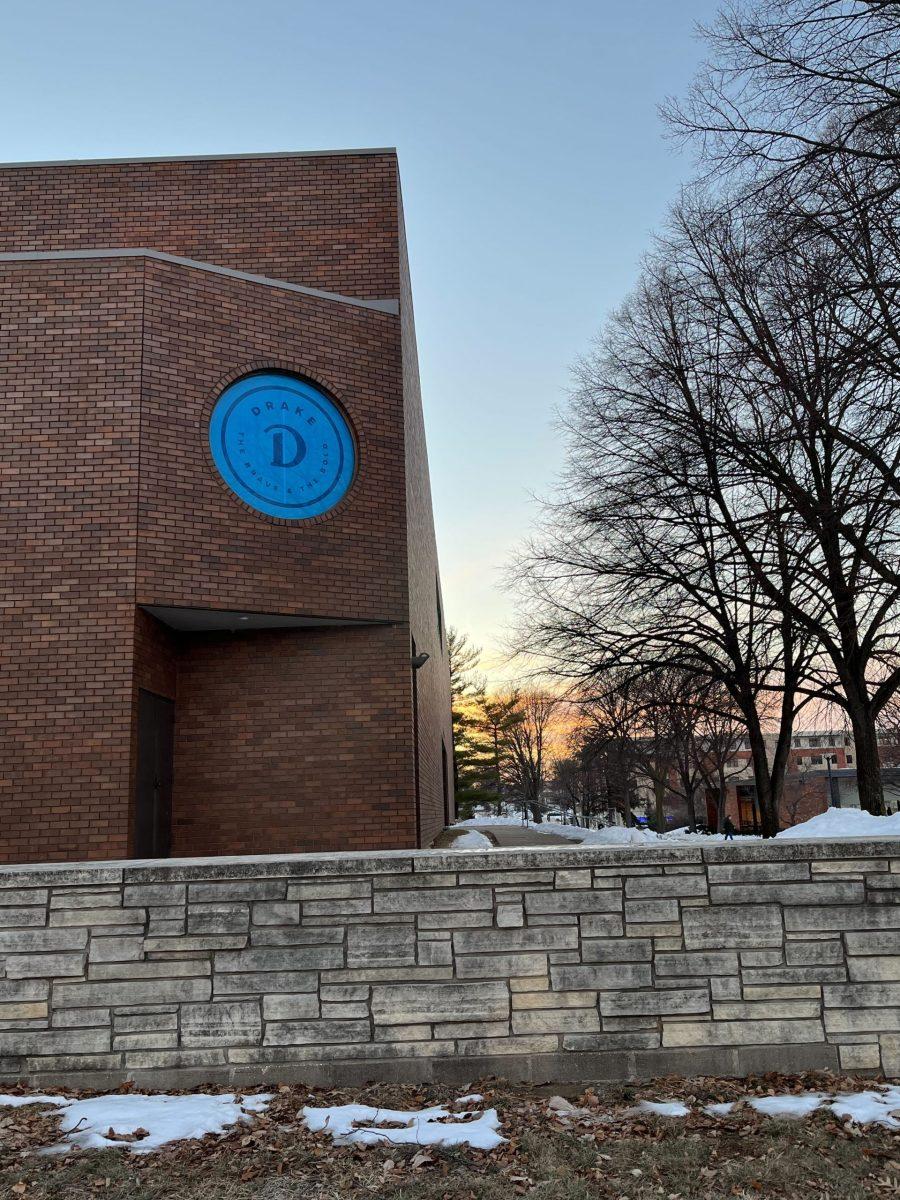Drake University’s $225 million fundraising campaign intends to make Drake “a hub for democratic discourse, dialogue, and action focused on renewing a government of the people, by the people, and for the people” through an initiative called the Center for Public Democracy.
Scott Raecker, who serves as the executive director of the Robert D. and Billie Ray Center, has been heavily involved with the initiative. Raecker said that the Center for Public Democracy initiative will connect the various academic departments and other institutions that are already active on campus.
“[The Center for Public Democracy] is not isolated to a faculty initiative or a staff initiative or a student initiative. It’s everything encompassing of Drake, and I think it’s going to be focused and rooted in the student experience,” Raecker said. “We’ve got some unique assets here to make this happen. A big part of this is connecting the dots of things that are already happening here, growing those out in a bigger way, and providing new opportunities for our students to be engaged in the process of helping form a more perfect union.”
Another one of the initiative’s champions, deputy provost and chair of the Law, Politics and Society Department Renee Cramer, expanded upon the specific institutions involved with the initiative.
“We invited to the table and have consistently for the last three years met routinely with the Harkin Institute, Vote Smart, and the Ray Center, as well as faculty and deans from the Law School, the SJMC, [the College of] Arts and Sciences, the College of Business and Public Administration, and the library,” Cramer said. “It has been a tremendously democratic process of defining our mission, defining funding priorities, and then helping to communicate those priorities to development and to President Martin.”
The initiative includes a scholarship for first year students that will provide $5,000 in tuition each year and the opportunity to apply for an additional $2,500 scholarship to support summer work. The latter scholarship will “support [work] in otherwise-unpaid internships or research opportunities with Center for Public Democracy faculty and practitioners-in-residence,” according to the initiative’s scholarship webpage. The program includes fully-funded travel study opportunities and an “intensive summer experience.”
“[The scholars will] be fully engaged in whatever major that they take, and there are no restrictions on that, but they will also be doing a proseminar, which is a one credit class throughout the year with a practitioner in residence and facilitated by faculty,” Cramer said. “Other students from other from related majors are welcome to enroll in that, so it’s adding a bit to the curriculum.”
Rachel Paine Caufield, a political science professor and champion of the initiative, said that the reach of the Center for Public Democracy will include the full Drake curriculum.
“There will be opportunities built in so that the student body at large will have a greater capacity to study the issues that are animating our public discourse and to actually engage with the practices of democracy,” said Rachel Paine Caufield, a political science professor at Drake who is heavily involved with the initiative. “That may be protest activity. That may be running for office. That may be, you know, communicating with elected officials. That may be making political art. Whatever form it takes, we want to encourage our students to be active participants.”
Caufield emphasized the ability of students to interact with the democratic process outside of formal politics, stating “we can also broaden our focus and think more about the tremendous variety of ways that people can be engaged citizens.”
“I don’t think we realize at Drake, the degree to which our campus is already infused with democratic practice,” said Caufield. “We are really active campus. For the past two election cycles, we’ve been recognized nationally for rates of voter registration and voter turnout. Obviously, we are at the center of the political storm every four years. We have incredible access to state lawmakers and policymakers, so the formal aspects of politics are pretty well developed at Drake relative to most of our peer institutions and other colleges nationwide.”







